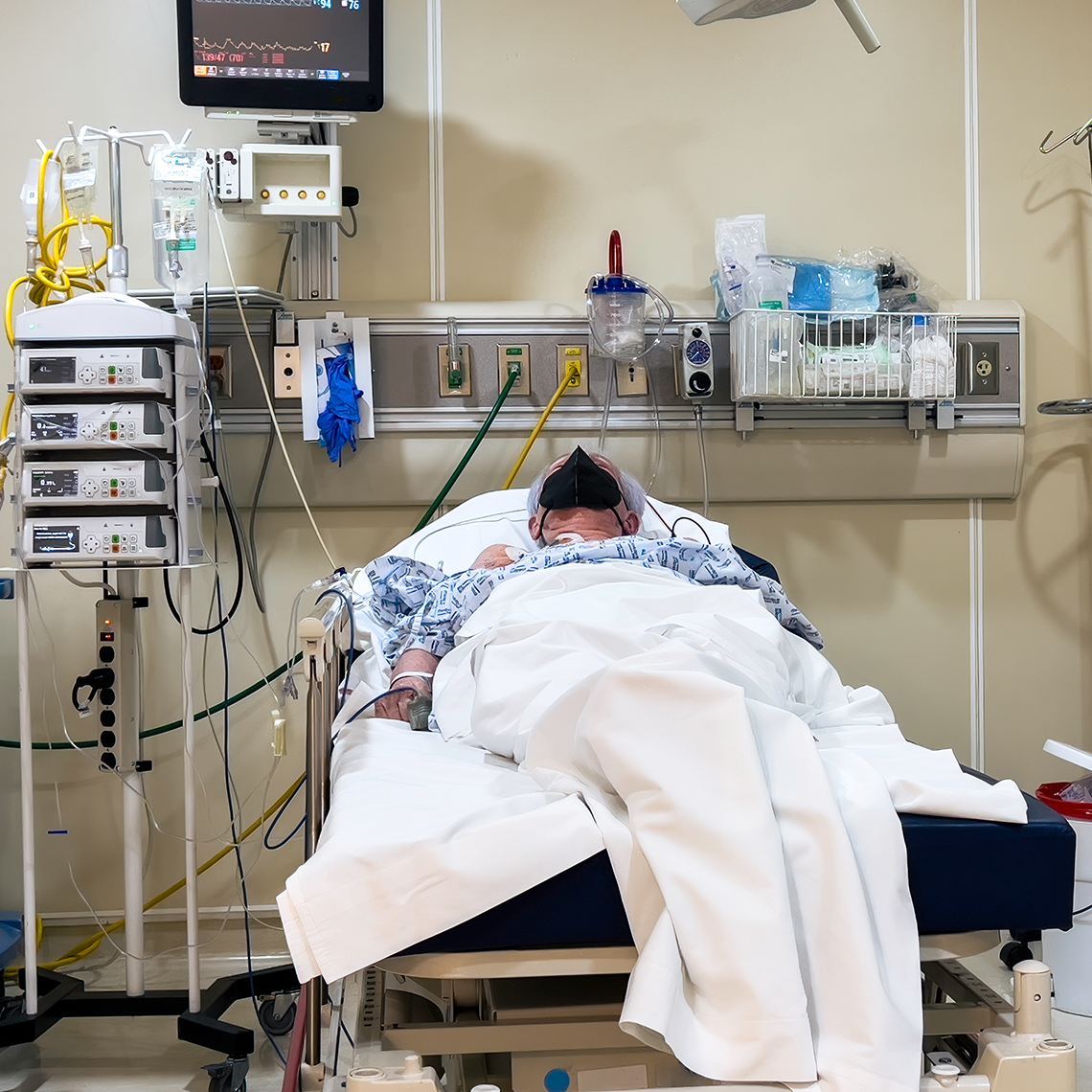Case Study
Unacknowledged PSA Test Result Delays Prostate Cancer Diagnosis

Description
Two years after an elevated PSA test result went unaddressed, the patient was diagnosed with prostate cancer.
Key Lessons
- Patients must be informed what testing has been ordered so that they can participate in their own care
- Develop systems, e.g., safety nets, to follow up on abnormal test results that have not been acted upon
- Patient access to all test results (e.g., the Cures Act) may improve communication and prevent missed review and follow up of abnormal test results
Clinical Sequence
A 57-year-old male with a history of bladder cancer was seen by his primary care provider (PCP) for an annual physical. He denied urinary symptoms and his prostate exam was normal. The patient was referred for a screening colonoscopy and lab work, which included PSA screening (two years prior, his PSA was 2.5). The new PSA result, which was 4.7, was not reviewed by the PCP or communicated to the patient.
Seven months later, the patient was seen by his PCP with a complaint of dizziness. His (cholesterol) medications were reviewed and modified. There was no discussion of recent PSA test result.
Two years later, the patient was seen by his PCP for a complaint of new urinary symptoms and was referred to Urology. A prostate nodule was detected on exam, and his PSA was 9.78. Biopsy led to diagnosis of high-grade adenocarcinoma without evidence of metastasis. The patient underwent treatment with chemotherapy and radiation.
Allegation
The patient alleged that his PCP failed to review and respond to an abnormal test result, which led to a delay in the diagnosis of prostate cancer.
Disposition
The case was settled in the high range ($500,000–$999,999).
Analysis
System Issues: The primary care physician stated that they did not see the abnormal PSA.
A system that allows abnormal results to go unnoticed is a vulnerability that needs to be assessed and fixed. Flagging of abnormal test results in easily accessible areas of the medical record might make it easier for clinicians to notice and address abnormal results. Designated staff may help manage the process to identify and trigger review if action is not taken on certain screening tests in a prescribed period of time. Programs like CRICO’s support for the development of ambulatory safety nets will result in systems designed to ensure follow up of critical test.1-2
Clinical Issues: There was a delay in follow up and evaluation of the elevated PSA, which contributed to delayed prostate cancer diagnosis.
While use of PSA as a screening tool for prostate cancer continues to be debated, the PSA of 4.7, required additional evaluation and follow up. Standard of care at the time would have been to repeat the PSA within 3 months, and if it remained elevated, then refer to Urology for additional evaluation. Keeping up-to-date on current guidelines is paramount to safe practice.
Patient Perspective: A screening PSA test was done without notifying the patient of his test result, followed by subsequent visits representing other opportunities to discuss those results.
Patients expect that they will be notified of abnormal test results. Rather than rely on passive expectation that patients will seek their results unprompted,3-4 systems should be in place to notify patients of test results either by letter, phone calls or a patient portal. Engaging patients in their care, encouraging them to call the practice if they do not receive their results—or need help interpreting them—may decrease the likelihood that abnormal test results are not acted upon.
Legal Defense Perspective: Failure to review abnormal PSA result did not meet the standard of care.
Follow up of the second PSA (4.7) was indicated and the failure to follow up likely led to a missed opportunity to diagnosis the patient’s prostate cancer at an earlier stage.
References
This is a fictitious case that illustrates commonly encountered issues and is for educational purposes only. Any resemblance to real persons, living or dead, is purely coincidental.
See More MPL Cases
Medication Mix-up Contributes to Patient’s Death


Incidental Does Not Mean Insignificant

When Test Results Go Unspoken

